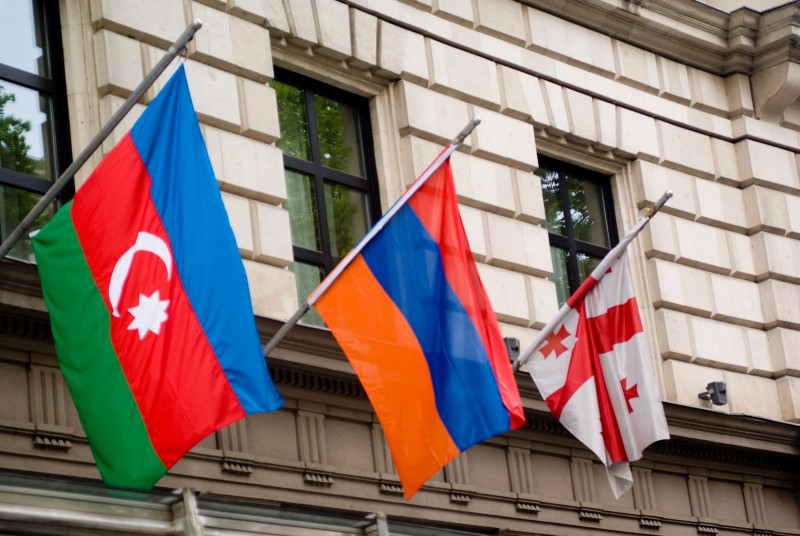Carnegie Endowment: U.S. interests in the South Caucasus important, but not vital

The United States has important but not vital interests in the South Caucasus, which include preserving regional stability; preventing the resumption of frozen conflicts; and supporting democratic change and better governance as well as the international integration of Armenia, Azerbaijan, and Georgia, the Carnegie Endowment for International Peace said in a new report.
It says the “recent events—the breakdown of the post–Cold War European security order, changing global energy markets, instability to the region’s south, a new U.S. administration, and the European Union’s (EU) internal challenges—call for sustained U.S. engagement to advance those interests.”
The report prepared by Eugene Rumer, Richard Sokolsky and Paul Stronski notes that “over the past quarter century, U.S. involvement in the South Caucasus—including peacemaking, as well as support for democracy, good governance, and economic development—has played a very important role in its progress at critical times. However, some major ambitious initiatives the United States has championed have not had the transformative effect that was expected and advertised.”
The report suggests that “in the future, U.S. policy toward the South Caucasus has to take into account that Armenia, Azerbaijan, and Georgia share a legacy of conflict, economic underdevelopment, and a very challenging geopolitical environment. U.S. policy toward the South Caucasus has been and should continue to be aimed at helping these states overcome these difficulties.”
“Another limiting factor is that Russia is committed to sustaining its influence in the South Caucasus and will actively oppose U.S. engagement with the region. Because of its combination of military capabilities, geographic advantage, and will to exploit them, Russia will remain the most consequential external actor in the South Caucasus that all other external powers vying for influence there will have to contend with,” the research says.
Authors say “the government of Armenia has made it clear that it is interested in pursuing closer relations with the EU in other ways. As in the case with Georgia, U.S. assistance and engagement with Armenia should be aimed at implementing key provisions of those agreements as the blueprint for enhancing its domestic resilience, economic prospects, and Euro-Atlantic ties. This too should be coordinated with EU assistance efforts.”
“Azerbaijan represents a difficult partner for U.S. policy in the region due to its domestic authoritarian course, which poses a big obstacle to better bilateral relations. Baku’s crackdown on civil society, increasingly anti-American public rhetoric, and pervasive corruption should not be overlooked,” the report says.
“The United States has important interests in the South Caucasus but none that is vital. It should stay actively engaged with the three South Caucasus states, supporting their internal transformation and integration with the international community. All three face considerable challenges at home and abroad, and, in all three cases, change will be incremental rather than revolutionary,” the report suggest.
“U.S. policy in the region, therefore, should focus on supporting this change and commit to doing so for the long run, rather than seek out opportunities to promote transformational projects. Past U.S. efforts to effect transformational change in the region fell short of expectations and face little prospect of success in the future should attempts be made to replicate them. Slow and steady promises continue to be the better approach to meeting the requirements of the South Caucasus states and U.S. interests in the region,” the paper concludes.








